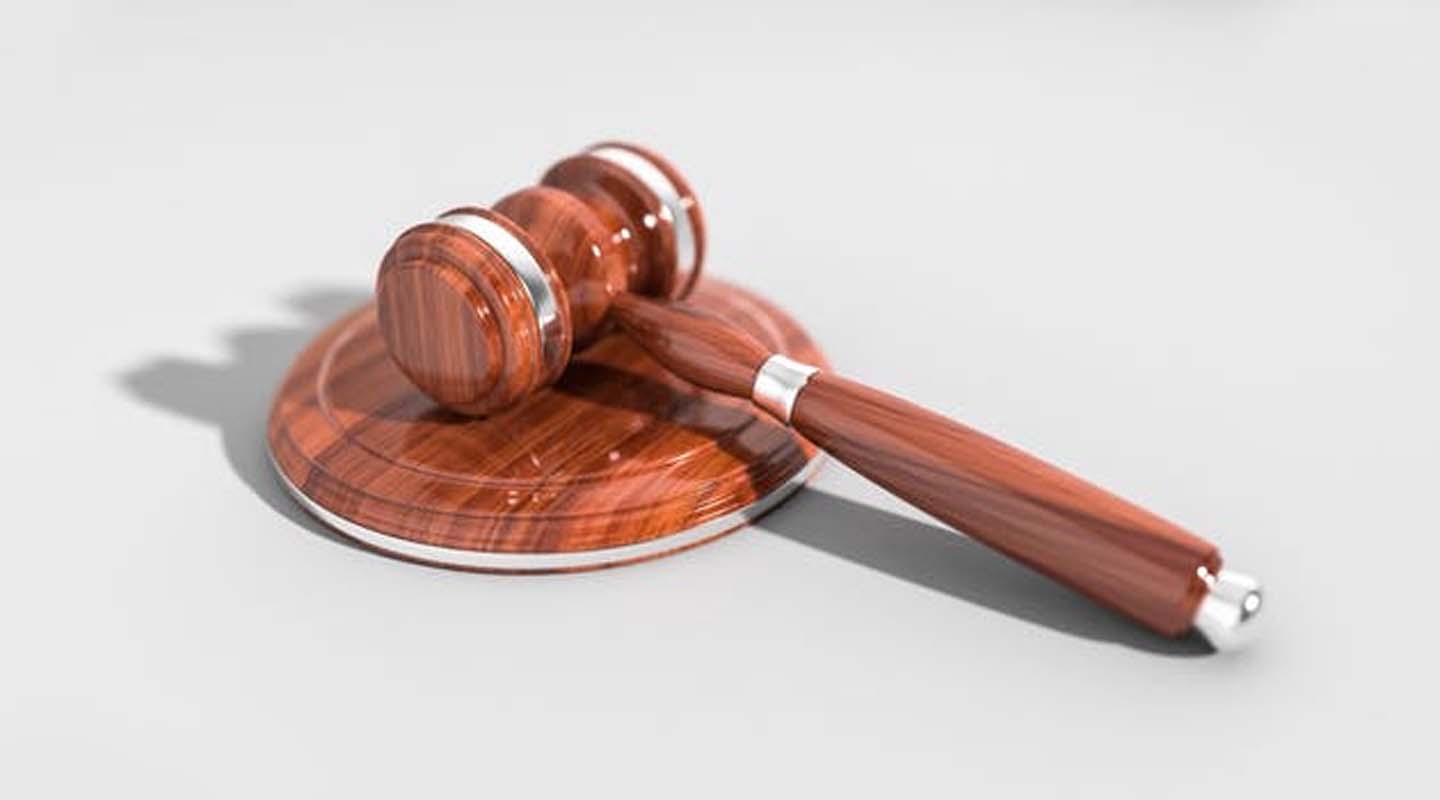
403
Sorry!!
Error! We're sorry, but the page you were looking for doesn't exist.
Assange visitors get permission to sue CIA
(MENAFN) In a significant legal development, a federal judge in Manhattan, United States District Court Judge John Koeltl, has given the green light for four US nationals to proceed with their lawsuit against the Central Intelligence Agency (CIA). The individuals assert that their electronic devices were unlawfully searched on behalf of the agency during visits to the Ecuadorian embassy in London, where they met WikiLeaks founder Julian Assange.
The lawsuit, filed in August 2022 by attorneys Margaret Ratner Kunstler and Deborah Hrbek, along with journalists John Goetz and Charles Glass, focuses on events that unfolded at the Ecuadorian embassy in 2017 and 2018. During this time, the now-defunct Spanish security firm, Undercover Global, allegedly compromised the embassy's security by installing secret cameras and microphones. The company was reportedly hired by the diplomatic mission to provide security but was later found to have shared personal data about visitors, including the plaintiffs, with the CIA.
The case initially faced an attempt by the CIA to have it dismissed, but Judge Koeltl's recent decision allows the lawsuit to move forward. The plaintiffs targeted not only Undercover Global and its CEO David Morales Guillen but also the CIA and its then-director Mike Pompeo.
Pompeo, who publicly labeled WikiLeaks as "a non-state hostile intelligence service" and expressed hostility towards Assange, was a central figure in the case. The plaintiffs argued that this attitude motivated the agency's monitoring through a proxy.
While Judge Koeltl partially granted the CIA's request to dismiss, indicating that the plaintiffs could not hold Pompeo personally accountable for alleged constitutional violations, he permitted the claims against the agency related to the surveillance of personal devices to proceed. Notably, the ruling rejected complaints about hidden cameras but upheld the broader allegations regarding the intrusion into the electronic devices of those visiting Assange.
This ruling marks a significant step forward for the plaintiffs, as they seek accountability for what they contend was illegal surveillance and a breach of their constitutional rights. The case adds another layer of complexity to the ongoing legal battles surrounding Julian Assange and raises broader questions about the limits of surveillance powers and the protection of privacy in the context of national security concerns. As the lawsuit progresses, it is likely to attract increased attention due to its implications for issues of surveillance, free speech, and the rights of individuals interacting with controversial figures like Assange.
The lawsuit, filed in August 2022 by attorneys Margaret Ratner Kunstler and Deborah Hrbek, along with journalists John Goetz and Charles Glass, focuses on events that unfolded at the Ecuadorian embassy in 2017 and 2018. During this time, the now-defunct Spanish security firm, Undercover Global, allegedly compromised the embassy's security by installing secret cameras and microphones. The company was reportedly hired by the diplomatic mission to provide security but was later found to have shared personal data about visitors, including the plaintiffs, with the CIA.
The case initially faced an attempt by the CIA to have it dismissed, but Judge Koeltl's recent decision allows the lawsuit to move forward. The plaintiffs targeted not only Undercover Global and its CEO David Morales Guillen but also the CIA and its then-director Mike Pompeo.
Pompeo, who publicly labeled WikiLeaks as "a non-state hostile intelligence service" and expressed hostility towards Assange, was a central figure in the case. The plaintiffs argued that this attitude motivated the agency's monitoring through a proxy.
While Judge Koeltl partially granted the CIA's request to dismiss, indicating that the plaintiffs could not hold Pompeo personally accountable for alleged constitutional violations, he permitted the claims against the agency related to the surveillance of personal devices to proceed. Notably, the ruling rejected complaints about hidden cameras but upheld the broader allegations regarding the intrusion into the electronic devices of those visiting Assange.
This ruling marks a significant step forward for the plaintiffs, as they seek accountability for what they contend was illegal surveillance and a breach of their constitutional rights. The case adds another layer of complexity to the ongoing legal battles surrounding Julian Assange and raises broader questions about the limits of surveillance powers and the protection of privacy in the context of national security concerns. As the lawsuit progresses, it is likely to attract increased attention due to its implications for issues of surveillance, free speech, and the rights of individuals interacting with controversial figures like Assange.

Legal Disclaimer:
MENAFN provides the
information “as is” without warranty of any kind. We do not accept
any responsibility or liability for the accuracy, content, images,
videos, licenses, completeness, legality, or reliability of the information
contained in this article. If you have any complaints or copyright
issues related to this article, kindly contact the provider above.
Most popular stories
Market Research

- Over US$13 Billion Have Trusted Pendle, Becoming One Of The Largest Defi Protocols On Crypto
- Tapbit At TOKEN2049: Reshaping The Crypto Landscape Through Product Innovation
- Bydfi Joins Korea Blockchain Week 2025 (KBW2025): Deepening Web3 Engagement
- Dupoin Reports Global Growth, Regulatory Coverage, And User Experience Insights
- Superiorstar Prosperity Group Russell Hawthorne Highlights New Machine Learning Risk Framework
- WBTC Strengthens Its Role As Multichain Standard For Bitcoin In Defi



















Comments
No comment